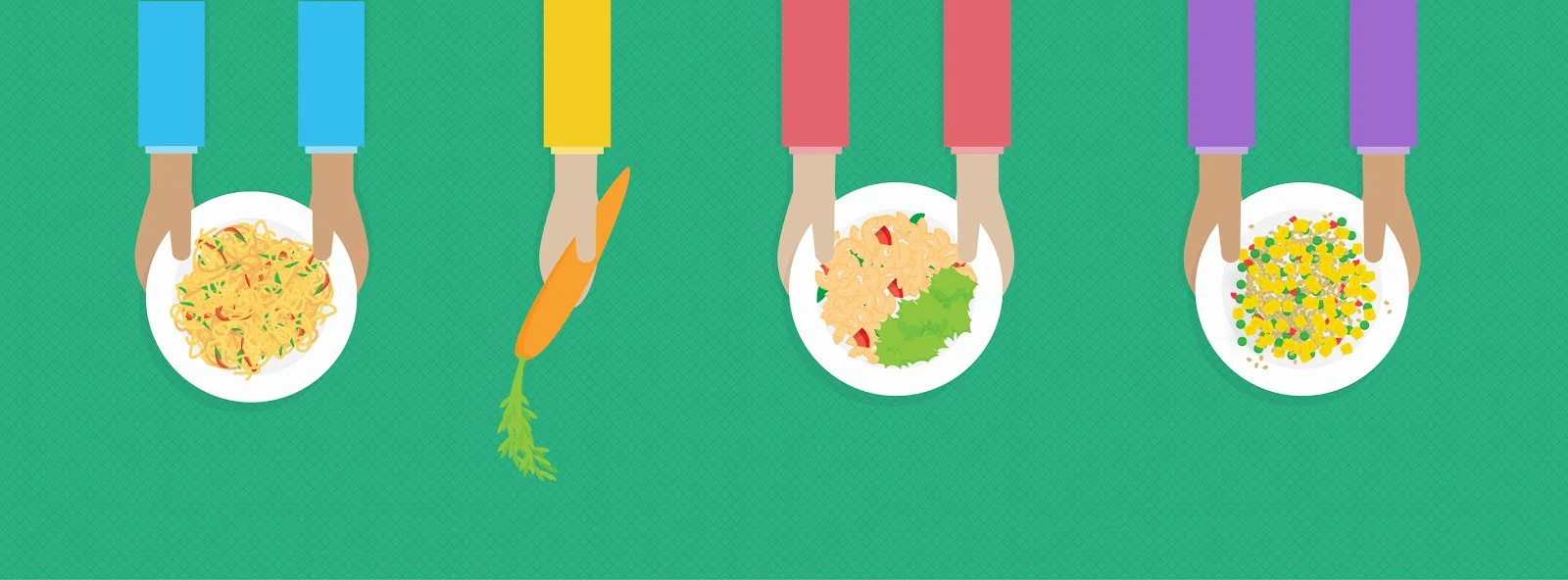New Regulations for Food Donation in California
With nearly 800 million people worldwide experiencing hunger or food insecurity, we should not be losing or wasting ⅓ of the food produced. This is a problem that Replate and a growing number of businesses are working toward solving.
We’ve seen the recent report about how the planet is warming more rapidly than expected and how everything is impacted by an increasingly warming planet. A changing climate around the world intensifies disasters like drought, flooding, extreme heat, and storms. These weather occurrences make it difficult to eradicate hunger because it harms agricultural productivity by destroying crops which causes food prices to go up and decreases income. These are factors that affect people’s access to food worldwide. Thankfully, there are workable solutions and, according to Project Drawdown’s list of actions we can take to slow climate change, 8 of the top 20 actions have to do with our food system.
Much of the food businesses in the U.S. toss out is actually still good for human consumption. ReFed estimates that by using donation matching software, we could be rescuing 250 million more meals. That would be immensely helpful for the 42 million Americans experiencing food insecurity.
In order for increased food donations to happen, we need businesses to actually donate. We asked leading expert in food waste and author of the 2012 Wasted report, Dana Gunders, why she thinks businesses continue not to donate their surplus food. She told us that “liability is a big concern for businesses.” There are barriers that create a hassle for them, like where to store the food before it gets picked up and the time or materials it requires for a company to operationally make it happen. The behaviors and responsibility of workers within the business play a role in the efforts of making it happen, too. “It can be an inconvenience and require people to do more than what’s expected.”
Fortunately, businesses in California are soon going to have to make the extra effort to donate their surplus or leftover edible food. Senate Bill 1383 (2016) requires that no less than 20 percent of edible food currently disposed of in California is recovered for human consumption by 2025. That means that food donations will have to become a regular part of how businesses operate, or cut back on the amount of food that is being wasted. 2025 may seem like several years away, but regulations are being created now for early implementation.
The point of S.B. 1383 is to “reduce emissions of short-lived climate pollutants to achieve a reduction in methane by 40%, hydrofluorocarbon gases by 40%, and anthropogenic black carbon by 50% below 2013 levels by 2030, as specified. The bill also would establish specified targets for reducing organic waste in landfills.”
This is a great step in the right direction. Although many businesses are already aware of their food waste, this gives the opportunity for more businesses to observe their practices and make necessary changes to comply with the bill. It also inherently lowers their environmental impact.
An unanswered question Replate has for this policy, is how can we ensure that all the incoming food donations find a home? We know from experience that many nonprofits serving communities experiencing food insecurity have limited capacity for food storage, especially for perishables. With a potentially heavy increase in the number of food donations coming in, how can we support nonprofits receiving the donations (like soup kitchens, citizens assistance programs, shelters and food banks) to obtain an increased storage capacity?
Our team will be working with businesses and nonprofits for a seamless transition into a transparent data-driven food donation program. Replate is positioned in the right place to make this happen with support from CalRecycle. We will provide important information about how this bill will affect businesses and communities alike in the months to come.
Even though we still have a long way to go in our country before no food is wasted, we’re moving in the right direction to ensure that #EveryoneEats.
